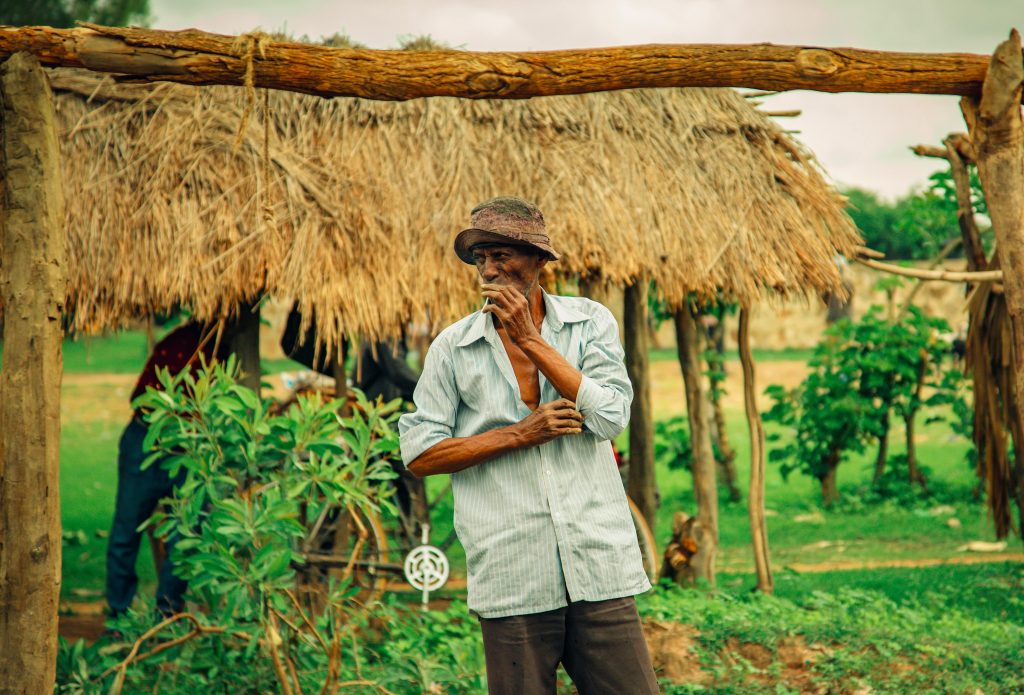
Tanzania is more than just epic safaris and tropical beaches—it’s a land full of warmth, culture, and connection. One of the best ways to show respect and build instant rapport with locals is to learn a few Swahili words.
Swahili (or Kiswahili) is the national language of Tanzania and is spoken widely across East Africa. While most people in the tourism industry speak English, using even a handful of Swahili phrases will bring smiles, spark conversations, and open doors to deeper cultural experiences.
Here are 10 essential Swahili words and phrases every visitor should learn before arriving in Tanzania.
This is your all-purpose greeting! Friendly and easy to remember, jambo is commonly used by locals when greeting visitors. You’ll hear it everywhere, especially around safari lodges and tourist hubs.
Other variations:
Mambo? (Informal “What’s up?”)
Hujambo? (Singular polite greeting – “How are you?”)
Sijambo – “I’m fine”
Sasatrip Tip: Say jambo with a smile and you’ll almost always get a big smile back.
A simple and powerful word. It shows appreciation and good manners wherever you go.
Asante sana – “Thank you very much”
Karibu – “You’re welcome”
Whether someone carries your bag, serves your food, or simply helps you find your way, don’t forget to say asante!
You’ll hear this one a lot, especially when you enter shops, lodges, and homes. Tanzanians are incredibly hospitable, and karibu is an invitation not just into a place, but into community.
Bonus: Say “Karibu Tanzania!” to fellow travelers—it means “Welcome to Tanzania!”
Yes, just like The Lion King! This Swahili phrase is used often and embodies the laid-back spirit of East Africa.
Use it when:
Things don’t go as planned
You want to reassure someone
You’re just vibing with the moment
It’s a national mood.
This is a phrase you’ll hear often, especially when trekking Kilimanjaro or exploring nature.
It’s not just about pace—it’s a philosophy: take your time, breathe, and enjoy the journey.
Rafiki means friend—and it’s a great way to build connections.
Use it casually when talking to locals, kids, or even your guides. Tanzanians appreciate friendliness and openness, and this word captures that beautifully.
Simple, but very handy!
Ndiyo – Yes
Hapana – No
Use them in markets, on safari, or during travel arrangements. It’s also polite to nod or shake your head when using them.
Food is a central part of Tanzanian culture. If you remember this word, you’re already halfway to a delicious experience.
Bonus words:
Chakula kitamu – “Delicious food”
Samaki – “Fish”
Ugali – Tanzania’s national staple (cornmeal dish)
Sasatrip Tip: Ask “Chakula kiko tayari?” – “Is the food ready?”
In Swahili, safari doesn’t just mean a wildlife tour—it literally means “a journey.” Whether you’re heading to the Serengeti, the beach, or the top of Kilimanjaro, you’re on a safari.
You can say:
Safari njema – “Have a good journey”
A powerful phrase that reflects Tanzania’s communal spirit. It means “we’re in this together” or “we stand united.”
You might hear this among guides, porters, or friends working as a team. It’s a beautiful expression of solidarity and harmony.
Let Sasatrip take you deeper—into the land, the culture, and the language. Ready to explore Tanzania like a local? Contact us today.
Dive into genuine cultural experiences with local tribes and communities. Engage in traditional ceremonies, discover ancient customs, and gain a deep understanding of Tanzania's rich cultural heritage.
Working Day : Monday – Friday (9AM – 5PM)
Ut enim ad minim veniam, quis nostrud exercitation ullamco laboris nisi ut aliquip ex ea commodo consequat. Duis aute irure dolor in reprehenderit in